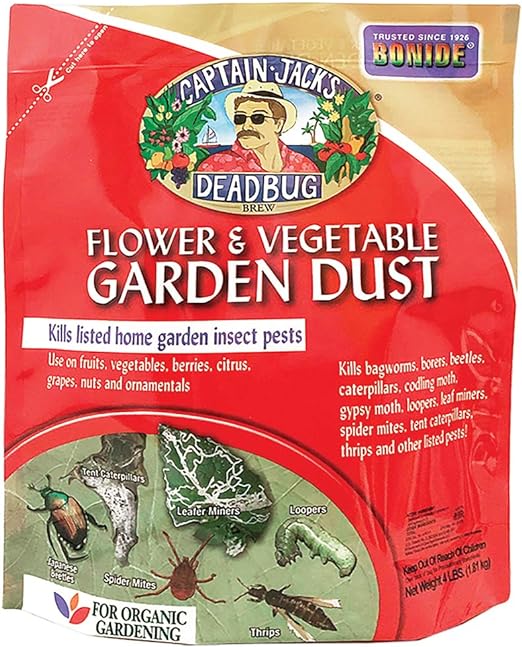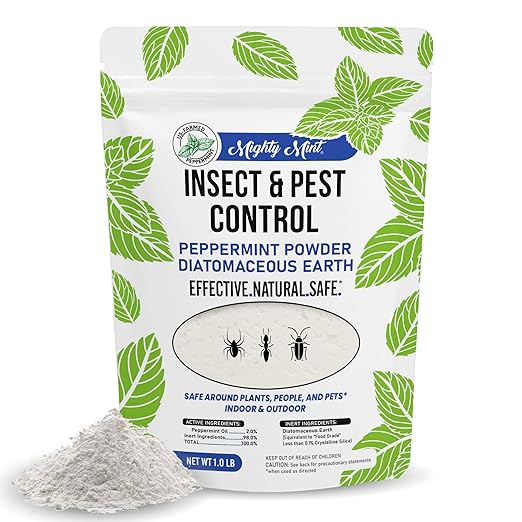Squash vine borers are an insect pest that attacks the squash, gourd, cucumber, pumpkin and melon genus of plants. Typically found in the country’s midwest and east coast areas, these reddish-orange winged beetles lay their eggs at the base of host plant stems. When hatched, squash vine borer larvae burrow through to the interior of the plant’s stems and create a long tunnel that can kill the plant.
There are several different types of commercial chemicals available in both organic and standard formulas to control squash vine borers. Because this pest can be difficult to get rid of completely once it has established itself on your plants, I like to use a combination approach that starts with prevention and moves on to chemical control if necessary.
Prevention methods include using row covers over your plants early in the season before adult beetles have emerged from pupae form (and thus can’t get at your plants), or you can try trapping beetles before they lay eggs by using store bought yellow sticky traps. If you find holes in your squash vines with sawdust piles below them, or you see larvae inside your vines when you cut across them, it may be time for chemical controls such as insecticides designed specifically for squash vine borers
Commercial Insecticides For Squash Vine Borers
I have complied a list of recommended insecticides for prevention and control of squash vine borers:

Bonide Captain Jack’s Deadbug Brew Flower & Vegetable Garden Dust
Price: $12.99
Features:
- Protect a wide variety of plants including fruiting vegetables, cucurbits, cole crops, leafy vegetables, tuberous vegetables, stone fruits, bushberries, and pome fruits
- Intended for control of listed insects; it does not significantly impact predatory beneficial insects, predatory mites, and spiders while controlling target pests
- This product is approved for organic gardening; the active ingredient is a naturally occurring bacteria called Spinosad; Spinosad is a leading pesticide used worldwide in the production of organic produce
- Product conveniently arrives ready to use as a dust, no need to make a slurry or spray; simply cover all plant surfaces with a light dusting making sure to obtain full coverage of all foliage; for full use instructions, please see product label

Insect & Pest Control, Diatomaceous Earth Peppermint Powder
Price: $19,89
Features:
- Natural Ingredients Proven Effective in the Real World
- For Common Crawling Insects
- Safe When Used as Directed
- Made with Premium Diatomaceous Earth – Meets or Exceeds Food Grade Quality
- Powerful Combination of Two Simple Ingredients: Peppermint Oil and Diatomaceous Earth
Conclusion
We hope this information will help you choose the best insecticide for your needs. If you want to stick with a natural solution, Neem oil is an excellent choice. Spinosad and Bacillus Thuringiensis are also effective, although they are not as safe for beneficial insects as Neem oil is. You should use these only in areas where you don’t see many bees or other beneficial insects on your garden plants, such as around the edges of your property where it meets wooded areas.